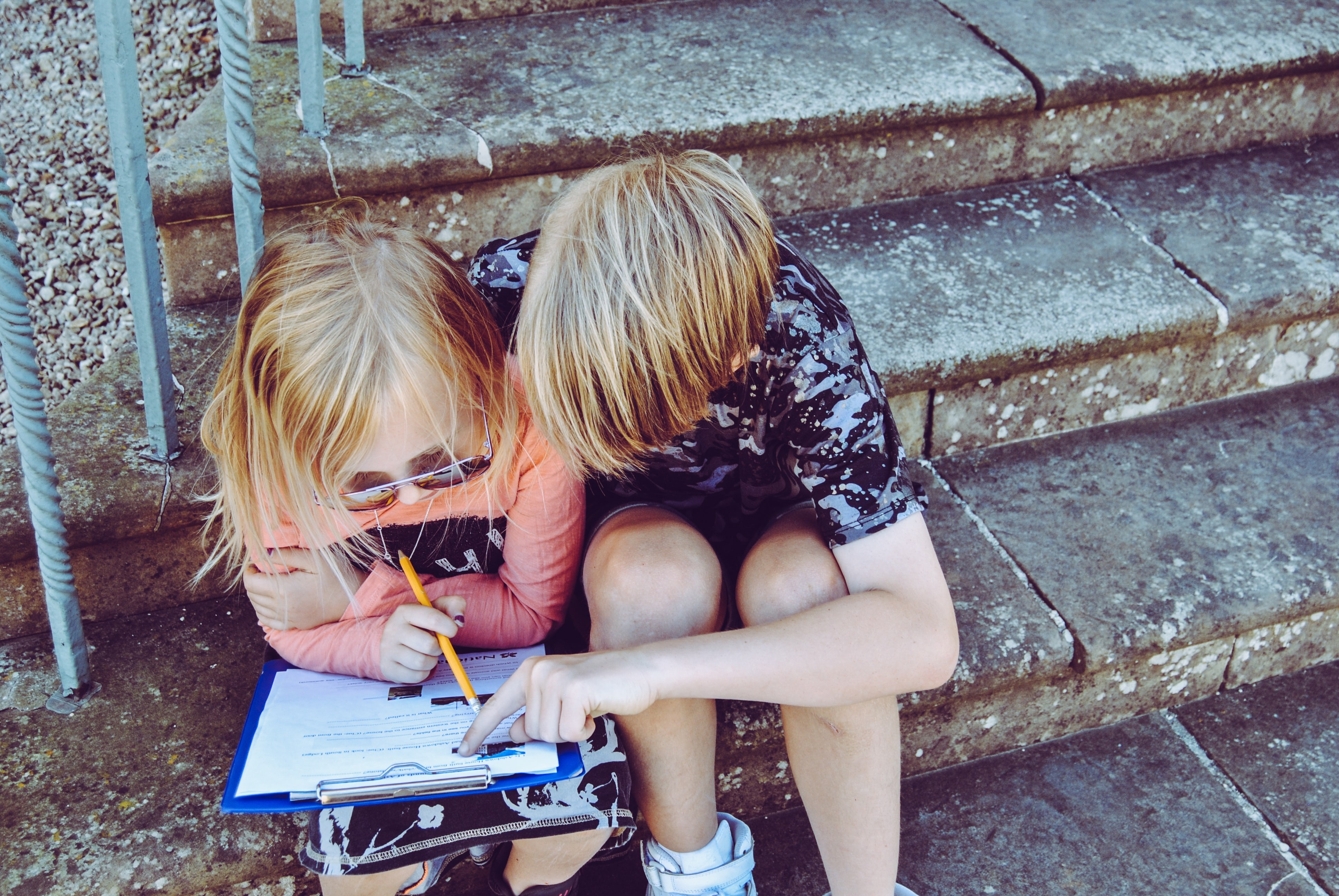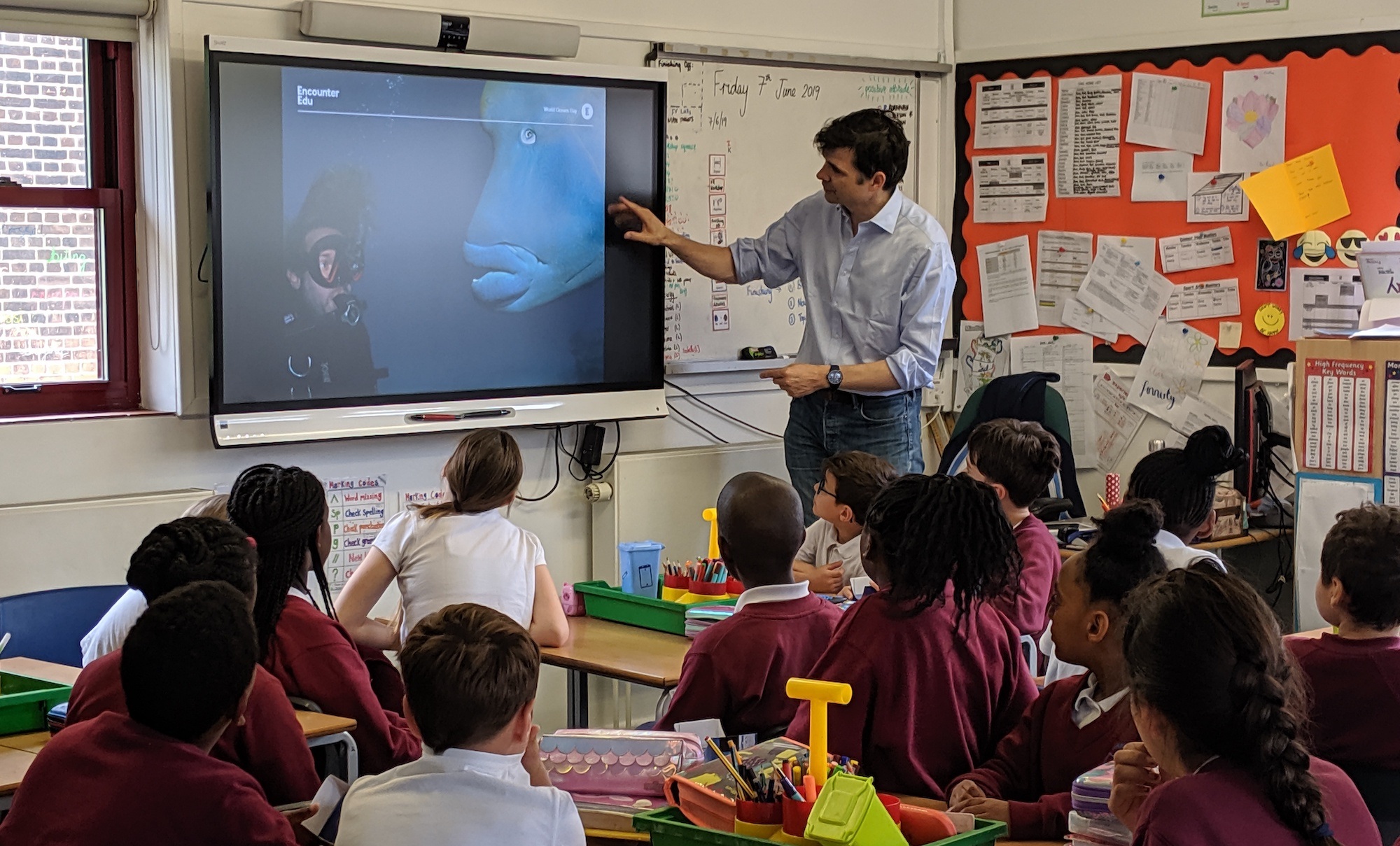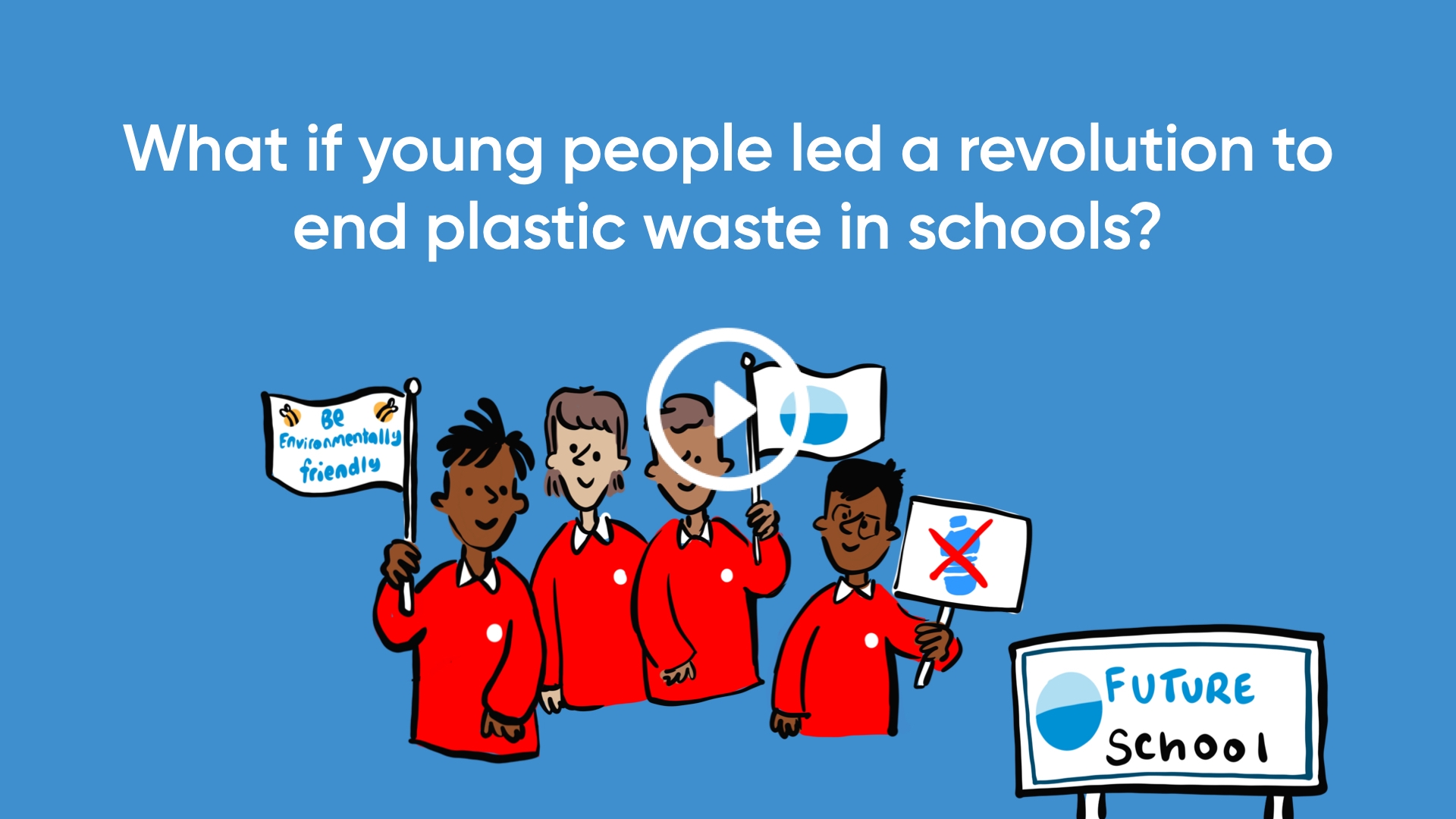Young people have had enough to worry about, so how can learning about ocean plastics empower them?
The good news is that we have solutions available today that can address 80% of the plastic flowing into our ocean. Now is the time to act. Common Seas are working hard to tackle the plastic pollution crisis, but we know that real, lasting change takes commitment. As some of the most passionate and effective planet-protectors, we need young people on our team. That’s why we created Ocean Plastics Academy (OPA), a movement to empower the next generation to create a plastic waste-free future.
Plastic pollution is a powerful topic – it covers a multitude of environmental and social issues, spanning from resource consumption and circular design to marine biodiversity, human health and global climate change. Everyone, everywhere, of any age, can see how their behaviours can contribute to the problem and be part of the solution.
When we talk to young people about a future without plastic waste, they don’t just imagine cleaner streets and beaches, they imagine a more active, more connected community. They describe lush, green spaces in which to play and learn whilst simultaneously dreaming up solutions to climate change; OPA brings the topic of ocean plastics to life and enables young people to do something about it.





